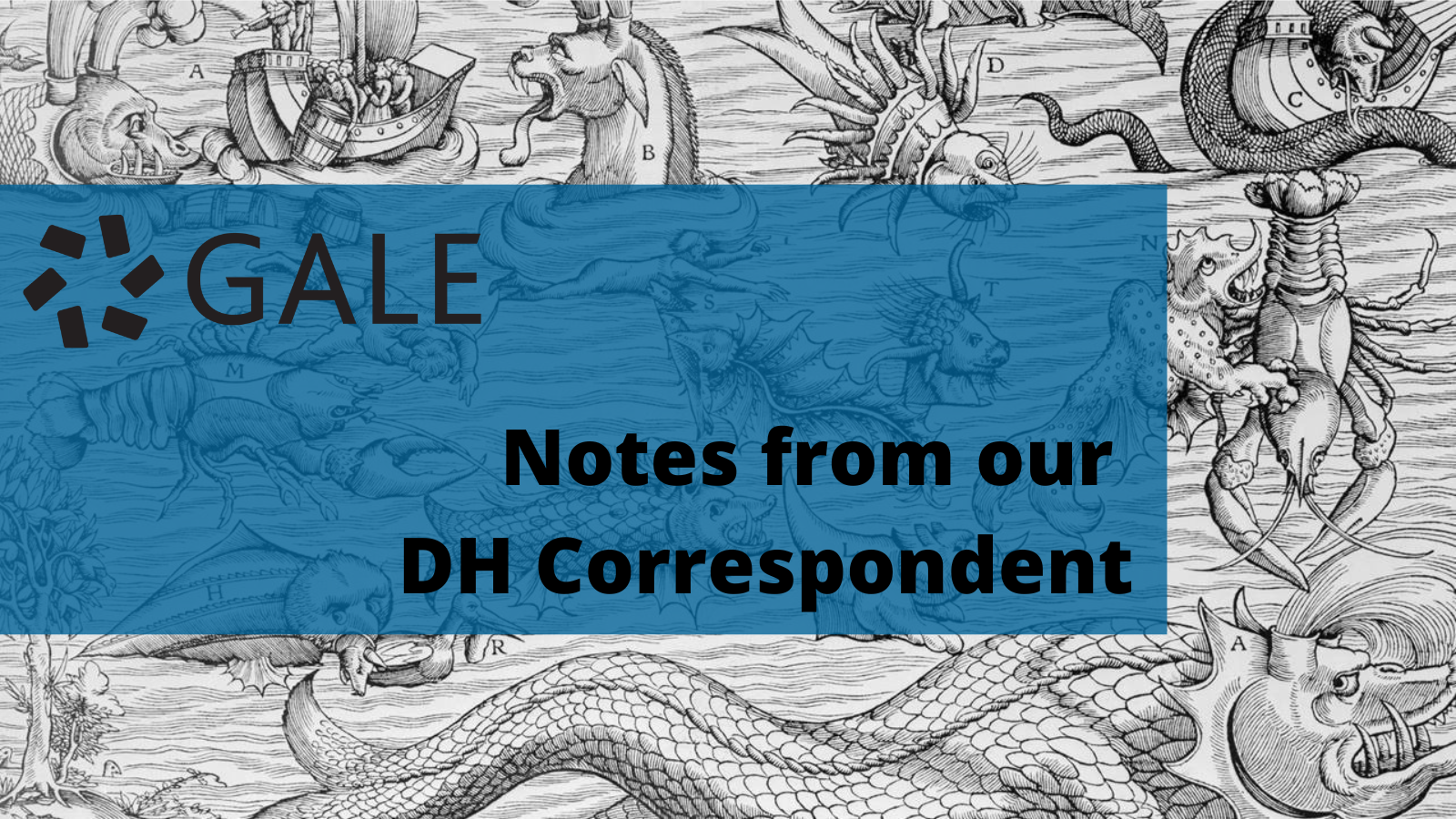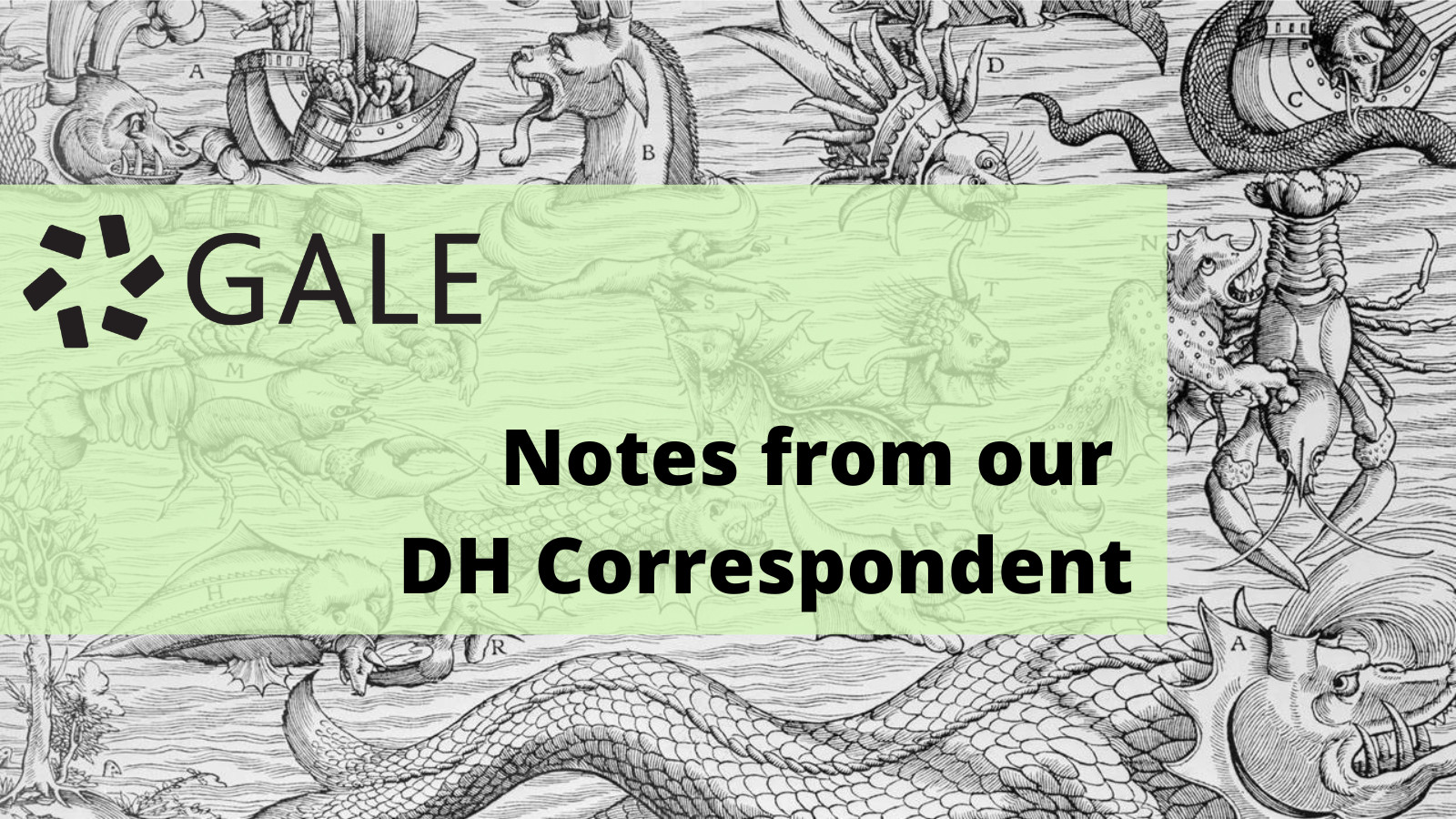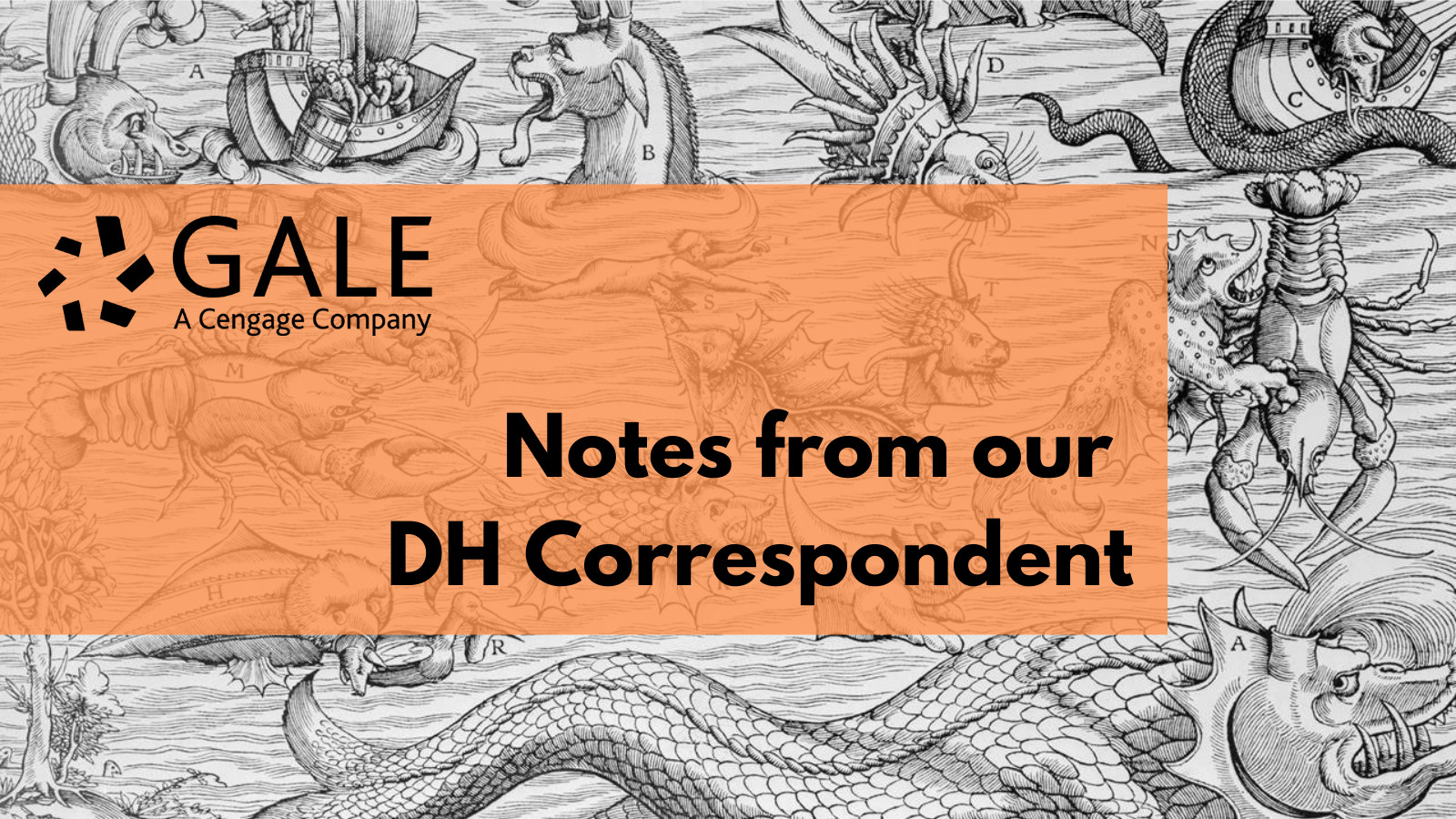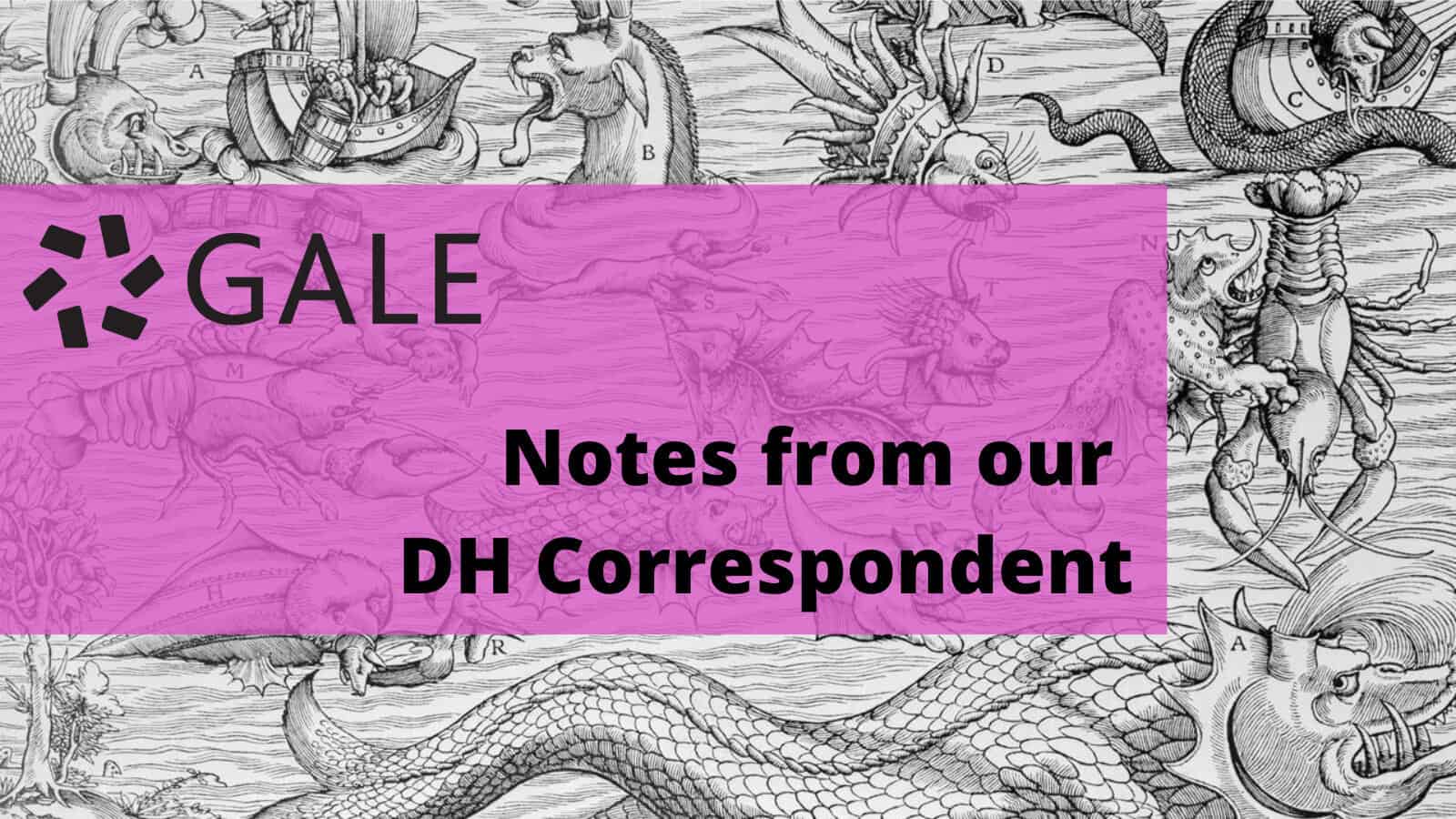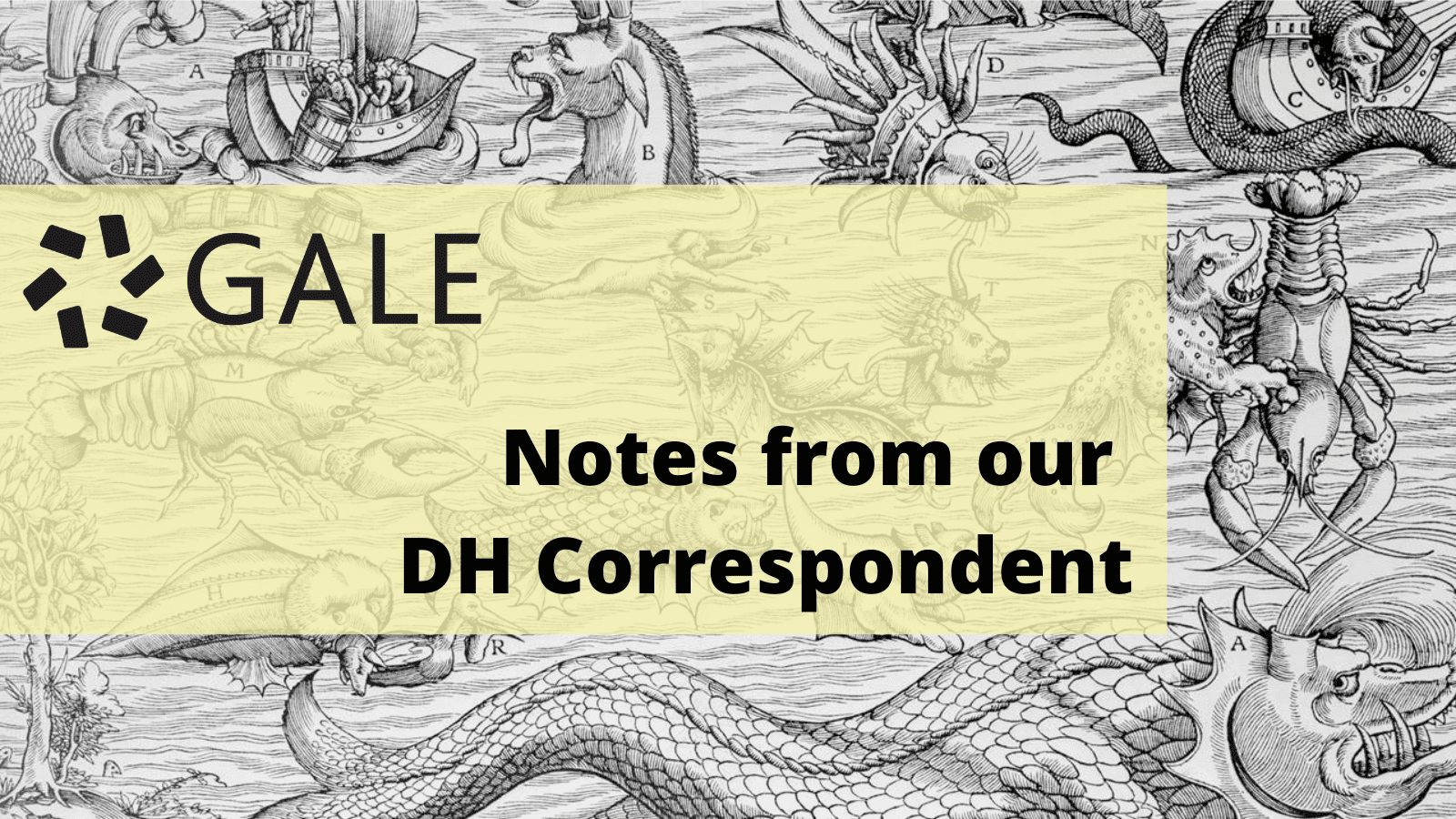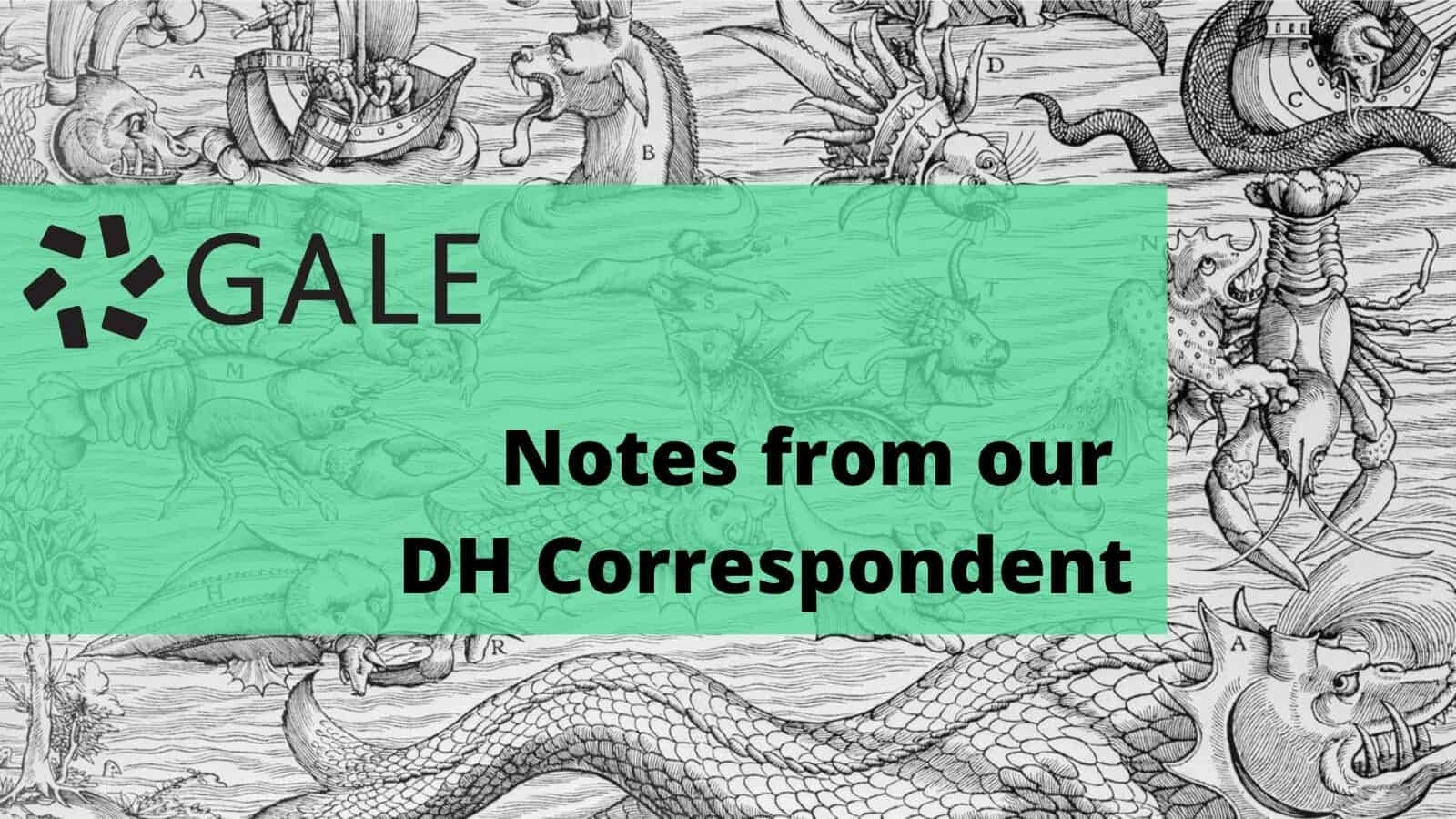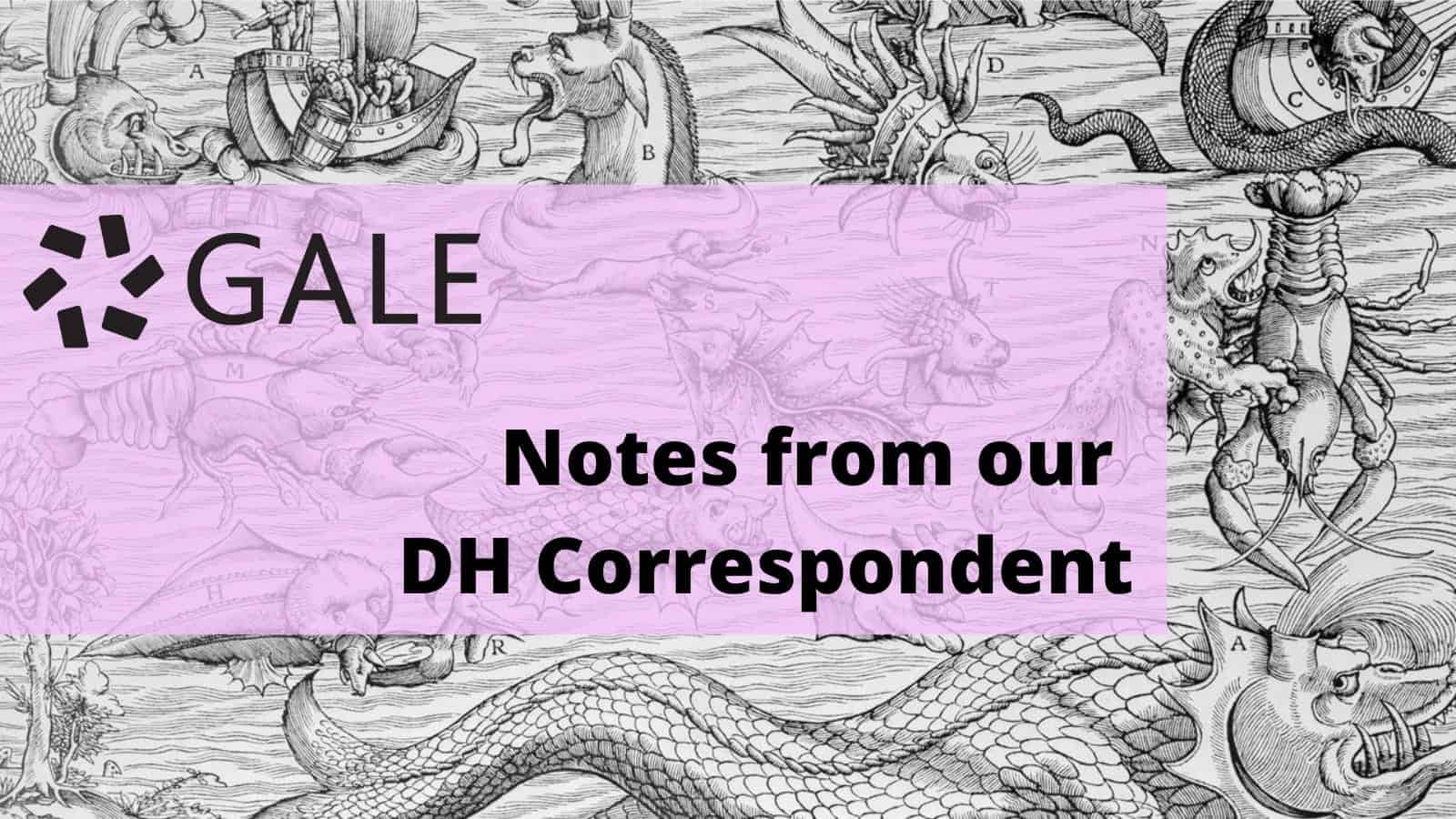│By Sarah L. Ketchley, Senior Digital Humanities Specialist│
This month’s blog post will discuss how to start the work of sourcing research documents in Gale Primary Sources (GPS) archives, before transitioning seamlessly to Gale Digital Scholar Lab to create content sets, clean OCR text data, and conduct analyses of this material to answer research questions. With this methodology, researchers are able to use the rich contextual detail and varied navigation options to begin compiling their corpus of text data outside of the Lab, which can be an attractive option if the user has an existing working knowledge of specific GPS archives, such as The Times Digital Archive, Women’s Studies Archive, or Nineteenth Century Collections Online.
There is a standardised user experience across GPS and the Lab, making the transition from one to the other familiar and streamlined. However, there are options to view documents in GPS that aren’t yet available in the Lab, which may make combining both access points useful so that no document slips through the cracks!

